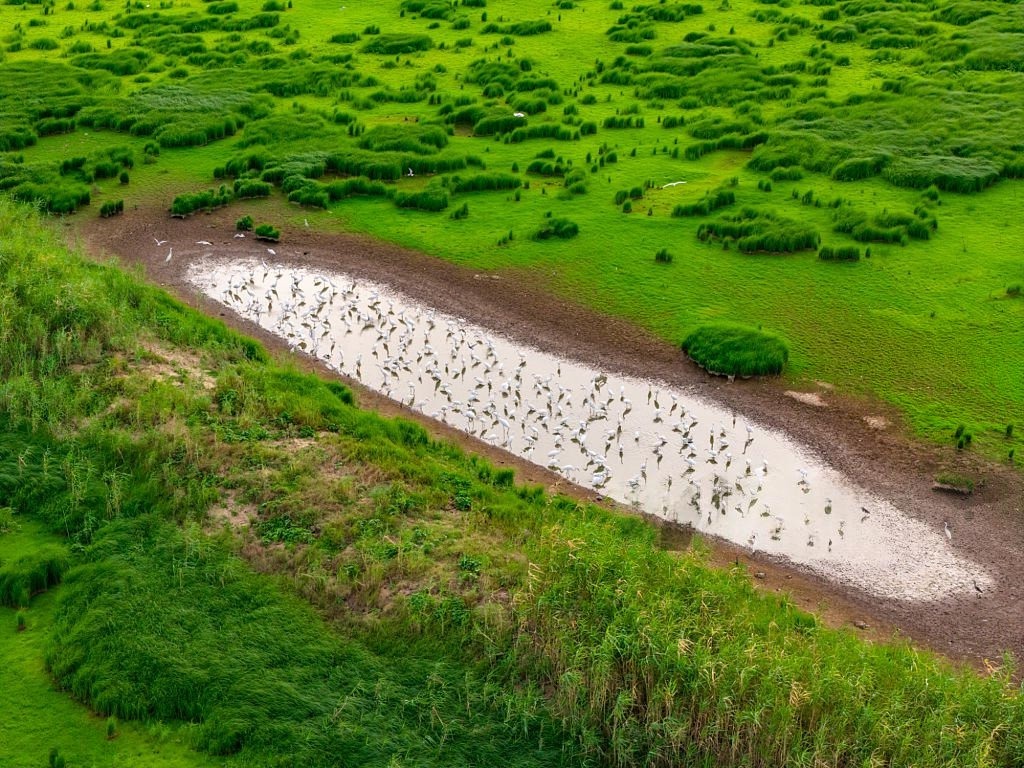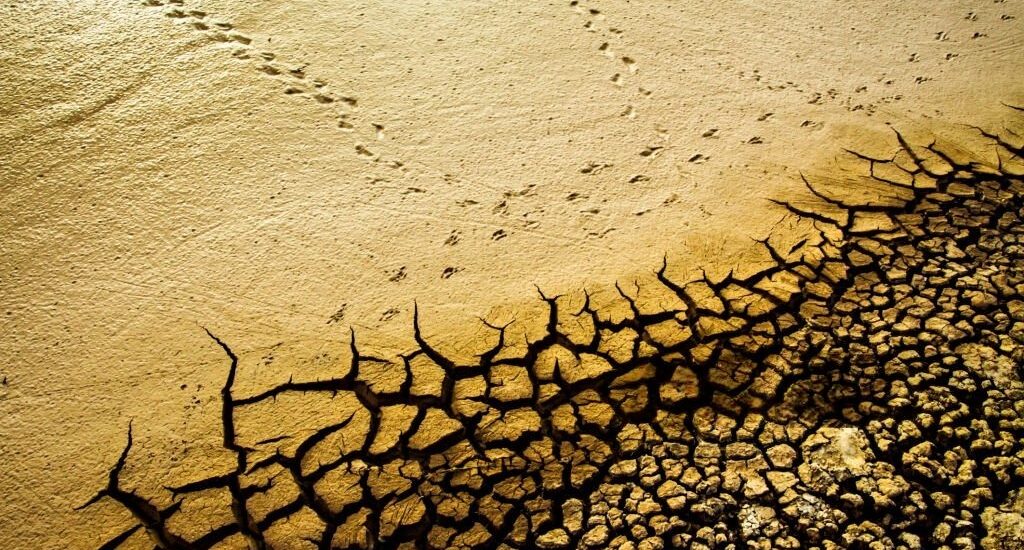Climate change is no longer just an environmental challenge — it is a humanitarian crisis in motion. Rising seas, droughts, floods, and extreme weather are already forcing millions of people to leave their homes. By 2050, the World Bank estimates that over 200 million people could be displaced due to climate-related impacts.
But here’s the pressing question: Where do they go, and who takes responsibility?
🌱 The Unfolding Reality of Climate Migration
Unlike traditional refugees fleeing war or persecution, climate migrants often fall through the cracks of international law. The 1951 Refugee Convention does not recognize environmental displacement as grounds for asylum, leaving millions in legal limbo.
- Small Island States like Tuvalu and Kiribati face the risk of becoming uninhabitable.
- Sub-Saharan Africa sees farmers abandoning parched lands due to prolonged droughts.
- South Asia struggles with climate-linked floods pushing communities into urban slums.

⚖️ The Ethical Questions We Must Confront
Climate migration raises deep ethical and moral dilemmas for the global community:
- Responsibility: Should wealthier nations, who historically emitted the most greenhouse gases, bear the greatest responsibility for hosting and supporting climate refugees?
- Justice: How do we ensure that vulnerable communities are not left behind while powerful nations fortify their borders?
- Equity: Can policies balance the needs of displaced people with the social and economic realities of host nations?
🌍 Toward a Fair and Human-Centered Policy
Addressing climate migration ethically requires rethinking refugee policy:
- Expand international definitions to recognize climate refugees.
- Build regional agreements that share the responsibility fairly.
- Invest in adaptation and resilience in vulnerable communities to reduce forced displacement.
- Ensure policies are human-centered, protecting dignity, rights, and opportunities for those displaced.

✨ Why This Matters
Climate migration is not a problem for the future — it is unfolding right now. Ignoring it risks deepening global inequality, fueling conflict, and undermining climate justice.
At SustainabilityUnscripted, we believe that conversations on sustainability must include the human stories of displacement, resilience, and dignity. The ethics of climate migration remind us that sustainability is not just about ecosystems — it’s about people.







